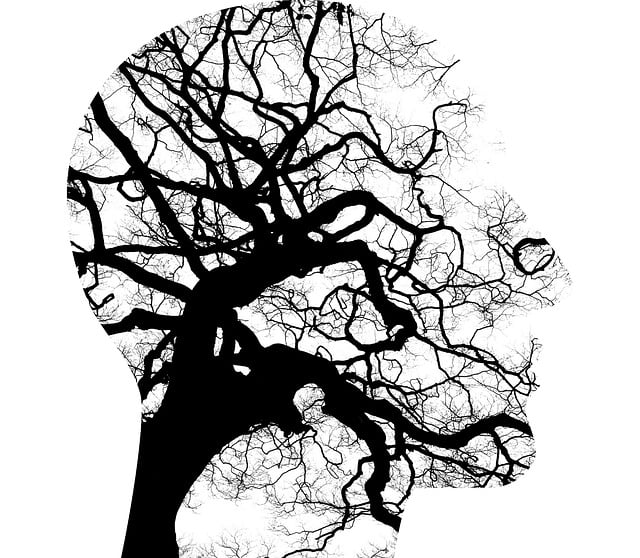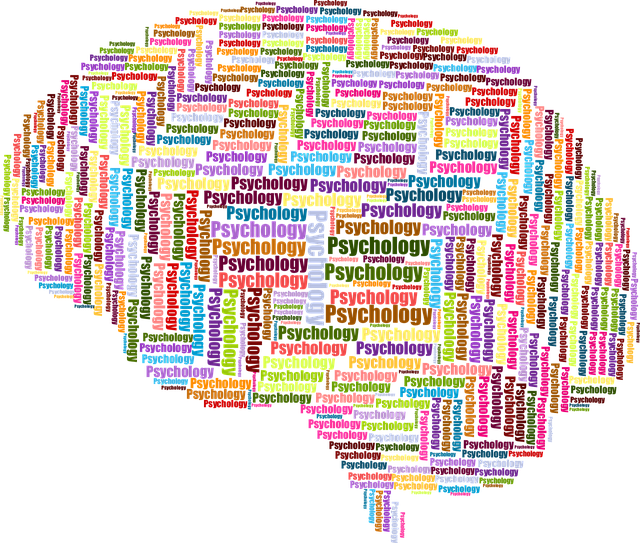Cultural competency in healthcare is vital for delivering equitable care, especially to patients with learning disabilities. Training equips professionals with knowledge and skills to tailor treatment, improving patient outcomes. This involves specific communication strategies in therapy, fostering inclusive environments, and employing culturally sensitive practices. Effective training goes beyond surface awareness, incorporating diverse scenarios, mental wellness journaling, and role-playing. Measuring the impact through rigorous evaluation reveals improved patient satisfaction, enhanced communication, and better outcomes. Continuous curriculum refinement ensures healthcare providers are equipped to address evolving cultural needs, enhancing therapy for learning disabilities and other diverse considerations.
“Cultural competency training is transforming healthcare, especially in managing learning disabilities. This essential program equips healthcare providers with skills to understand and address diverse cultural needs, ensuring inclusive care. Our article delves into this crucial topic, exploring why it matters for effective therapy of learning disabilities. We offer a strategic guide on designing such programs, highlight best practices, and emphasize the importance of measuring impact for continuous improvement.”
- Understanding Cultural Competency in Healthcare: Why It Matters for Learning Disabilities
- Designing Effective Training Programs: Strategies and Best Practices
- Measuring Impact and Continuous Improvement: Evaluating the Success of Cultural Competency Training
Understanding Cultural Competency in Healthcare: Why It Matters for Learning Disabilities

Cultural competency in healthcare refers to the ability to understand, appreciate, and effectively interact with individuals from diverse cultural backgrounds, including those with learning disabilities. This is crucial because it ensures that every patient receives quality care tailored to their unique needs, regardless of their cultural or educational differences. For instance, a person with a learning disability may require specific communication strategies, such as simplified language or visual aids, to understand medical information and participate actively in therapy for learning disability.
Cultural competency training equips healthcare providers with the knowledge and skills needed to navigate these complexities, fostering an inclusive environment. This is vital, especially when addressing mental health concerns, given that cultural beliefs can significantly influence how individuals express and perceive their emotional well-being. By enhancing mental health awareness and promoting inner strength development through culturally sensitive practices, healthcare providers can better support patients in managing their moods and overall psychological wellness.
Designing Effective Training Programs: Strategies and Best Practices

Effective cultural competency training for healthcare providers requires a strategic approach that goes beyond surface-level awareness. Training programs should be designed to foster deep understanding and empathy, incorporating diverse scenarios and interactive exercises. One powerful tool is the integration of mental wellness journaling exercises, which can encourage reflection and personal growth among participants. By providing guidance on navigating complex cultural interactions, these sessions can enhance practitioners’ ability to offer tailored therapy for learning disabilities or other mental health concerns.
Additionally, depression prevention strategies should be central to the curriculum. This involves teaching providers techniques to identify and address depressive symptoms in patients from various cultural backgrounds. Through case studies and role-playing exercises, trainees can learn how to adapt their communication and therapeutic approaches to suit individual needs, ensuring that every patient receives culturally sensitive care. Such practices not only promote mental wellness but also foster stronger patient-provider relationships.
Measuring Impact and Continuous Improvement: Evaluating the Success of Cultural Competency Training

Measuring the impact of cultural competency training is vital for healthcare providers to understand its effectiveness and identify areas for improvement. This process involves rigorous evaluation methods to assess the success of the program in fostering a more inclusive and culturally sensitive environment. By collecting feedback from both trainees and their communities, healthcare organizations can gauge the tangible benefits of the training. This includes improvements in patient satisfaction, enhanced communication between providers and diverse populations, and better outcomes for patients with various cultural backgrounds.
Continuous improvement is at the core of this approach, ensuring that the training remains relevant and impactful over time. Regular assessments allow for the refinement of curricula, incorporating new research and best practices in mental wellness, resilience building, and crisis intervention guidance. This dynamic process helps healthcare providers stay equipped to address the evolving needs of a diverse patient population, ultimately providing better therapy for learning disabilities and other cultural considerations.
Cultural competency training is a game-changer in healthcare, especially when addressing learning disabilities. By implementing effective programs that educate professionals on diverse cultural needs, we can improve access to quality therapy for learning disability patients. Measuring the impact of this training ensures continuous improvement and creates a more inclusive, empathetic healthcare system. It’s a step towards revolutionizing care, fostering better outcomes, and enhancing the lives of those with learning disabilities.











